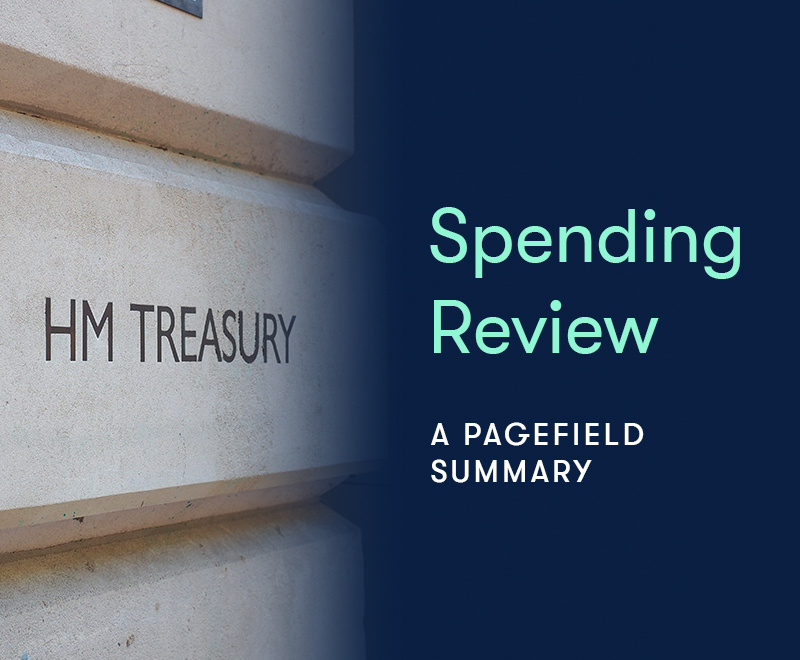In a new series of blogs, we take a closer look at one of the week’s big news pieces, considering its significance and the response it has generated, as well as how it could further play out. This week, we look at the latest economic update from the Bank of England, which featured some surprising research on robots, as well as the usual inflationary analysis.
What’s happened?
In an address to the Trade Union Congress in London on Thursday, Andy Haldane, the Bank of England’s chief economist, discussed an increasingly uncertain outlook for the UK economy, as he emphasised the need for interest rates to stay at their record low levels.
This economic update is usually enough in itself to generate national media headlines. But then the conversation turned to robots.
Or, more specifically, the future impact of automation on the UK workforce. According to new calculations from the Bank of England, around 15 million jobs could be at risk of being taken over by robots in the coming decades.
Why is it important?
To put 15 million jobs into context, there are around 31.21 million people in work in the UK today, out of a population of 64 million, which means up to half of jobs could be automated in the future. As Haldane put it, “If these visions were to be realised, however futuristic this sounds, the labour market patterns of the past three centuries would shift to warp speed.”
While Haldane noted the figures may be ‘far too pessimistic’, the so-called rise of the robots has been an issue of great debate by economists and wider media commentators in recent times, leading many of us to wonder whether the robots could be coming for our own job in the near future.
What’s the reaction been?
According to the latest Telegraph poll, 69% of its readers are not worried about a robot taking their job. Allister Heath, the paper’s deputy editor, used his comment slot to tell us to keep calm, though not necessarily to carry on, as he argued that “we’ve always invented new jobs to make up for those replaced by machines.”
Larry Elliot, Economics Editor of The Guardian, led with the threat to low-paid workers, while Ben Chu, Deputy City Editor of The Independent pointed out the irony that in another speech earlier this year, Haldane suggested that companies could be underinvesting in new technologies, due to their ownership structures which encourage short-termist thinking by managements.
Best headline?
The Daily Mirror’s ‘Robots could steal half of British jobs, Bank of England boss warns’ may have sounded slightly more sinister than most other national headlines, but credit is really due to the picture editors on this story, who took full advantage of using a series of friendly to fierce robot models to illustrate Andy Haldane’s comments.
What’s next?
As William Gibson famously said, “the future is already here — it’s just not very evenly distributed.” From the development of driverless cars in Silicon Valley to the spread of self-service check outs in supermarkets across the UK, the impact of automation on the workplace is already in motion and has been widely covered in the media by both technology and economic correspondents.
With this new research putting figures on the threat of robots to the workplace, there will be further debate on the future automated workforce over the coming weeks.
In the meantime, we will have to wait and see if the Bank of England’s next economic update will be given by Andy Haldane, or his robot successor.
Picture Credit: The Mirror
Looking for a trusted public affairs agency? Our team helps with crisis communications to help manage any situation. Contact us today to learn more about how we can help!


